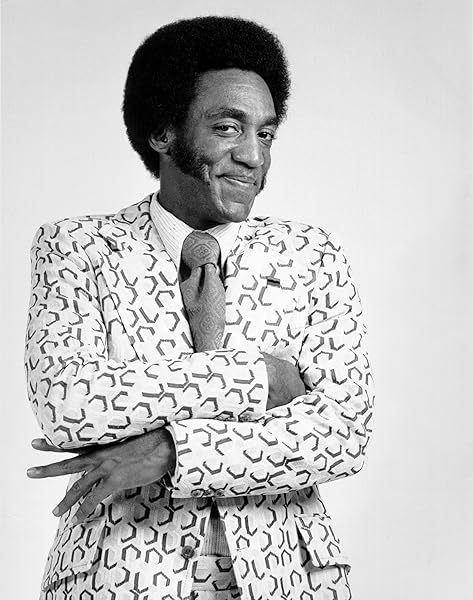The documentary film, Negro History Lost, Stolen, or Strayed, 1968, narrated by Bill Cosby starts out in an integrated classroom setting. Mr. Cosby explores the void of black historic heroes and how schools systemically whitewash blacks out of the classroom textbooks, with respect to history. He could have taken this theme one step forward and discussed how blacks are omitted from young adult literature, especially black boys. Honestly, can anybody name one black male protagonist in a children's storybook or in young adult literature. Okay, there is Little Black Sambo, The Three Golliwogs, Tintin Au Congo, Memin, Ten Little Niggers, Two Dutch Dolls and the Golliwog, etc. you get the point.
The historians have certainly redeemed themselves with a plethora of scholarship dedicated to a fuller spectrum of historic analysis and historic argument. Literature, on the other hand, seems to be mindbogglingly dull with respect to African American children's stories. Bill Cosby, himself, has created wonderful characters like Fat Albert and Little Bill, yet where's Little Bill's Alphabet book or Fat Albert's Adventures with the Periodic Table of Element?
We've come a long way as a nation, but we shouldn't rest on our laurels or sit on our potential. I'm sure there are great storytellers out there somewhere that can spin a yarn and offer a counter-narrative to the constant bombardment of criminalizing black boys and over-tantalizing black girls. That's why this documentary is still relevant. Marlon Rigg's Ethnic Notions explores the groundwork of this Cosby documentary from an eighties perspective. I wish the gatekeepers of his estate would loosen their copywrite restriction on his works and let a new generation keep him alive.
Getting paid for your work is important, no doubt. However, the ability to leverage off of the internet to a worldwide audience offers artists a new method of distribution and delivery. Unfortunately, an artist like Marlon Riggs will be lost the generations who were born after 1990. He had such a strong voice and excellent craftsmanship in the documentary film genre. Gone too soon.

I miss this side of Bill Cosby. Instead of chastising the black children for drawing themselves without arms, or their trees as barren, or the worst image as monsters, Cosby seems to be genuine in his quest for the negrophobic propaganda that is infecting the children. He's not browbeating the mothers or the fathers of these children, but explores such cartoons as "Coal Black An De Seben Dwarfs."

Bill Cosby deconstructs the historic narrative as seen through pop-culture. The happy darky servant still sells, Aunt Jemima rakes in the cash. Black women win Oscars for portraying Mammy, or Jezebel or this new pathological creature who abuses her children. Black men still win Oscars for stereotypes of the brute, the compliant servant, or a womanizing junky. The more things change the more they stay the same. I'm not sure how long this upload from youtube will last, it seems like most good documentaries on black people gets yanked off of youtube. Watch it and it'll remind you why we use to love Bill Cosby.
Negroe History Lost, Stolen, or strayed Part 1
Negroe History Lost, Stolen, or strayed Part 2
Bill Cosby on Ourstory Lost, Stolen, or Strayed Part 3
Negroe History Lost, stolen, or strayed pt4


Just imagine if most adults could be just a little bit selfconscious about creating an environnement of constructive, positively evolving image with self awareness to create our own world in synch with our true spirit instead of raising copycat of a deviant world. Thank you for bringing out this precious germ. I Wish people will levarage such endeavour like Cosby's to zillion of viewers as much or more than they do for a pop song or a frantic joke instead of just letting them take dust...
ReplyDeleteThank you for your thoughtful comments. Yes, I agree that people in the entertainment industry could do more to create positive images of black people. Yet, sadly we seem to get the exact opposite.
DeleteJust take a look at some of the movies featuring black characters that BLACK PEOPLE MADE, for goodness sake. Oprah Winfrey and Tyler Perry (arguably some of the most influential media brands) chose to put their money into movies like "Precious" or "For Colored Girls"--both of these movies explore the life of pathological outsiders in the African American community of women.
The movie "The Help" shows a more well-rounded black female characters, yet the black men in ALL of the aforementioned movies are portrayed as monsters void of humanity.
Maybe a new generation will redeem our media portrayal, or maybe it'll just be more of the same. It doesn't have to be this way, we can choose to do better.
--Ron Edwards, US Slave Blog